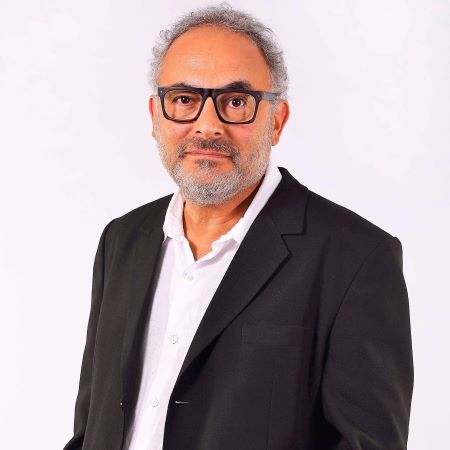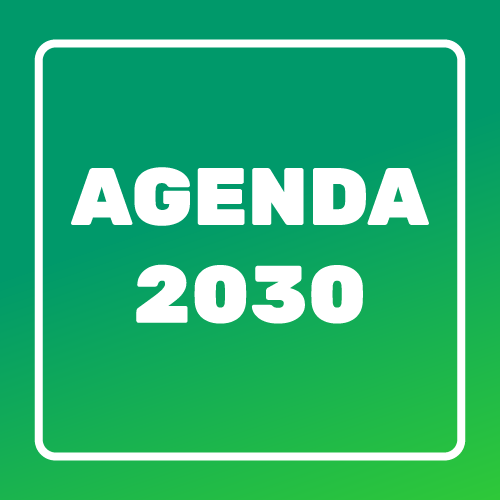Companies at the forefront of pluralism
Originally printed in the newspaper “O Globo” on May 11, 2022

In recent years, the world has witnessed a disturbing advance in intolerance, especially in politics. However, fortunately, something quite different seems to be taking place with companies. Judging by recent statements by Kenneth Frazier – one of the most influential Black executives in the world – the current business environment can be one of the last trenches of the plurality of positions, interests, and opinions of different social groups.
During the last Page Spring Seminar, Frazier – currently executive chairman of Merck – pointed out that, unlike most environments where there is a congregation of people, “business is the last place where people cannot choose to relate only to people like themselves, who believe the same as they do.”
In short, contrary to what is observed in politics, the corporate environment has become increasingly progressive, positively reflecting the unavoidable plurality that permeates any modern society.
Notably, it seems inevitable that large corporations have sought to expand the diversity of their employees’ profiles and remain open to listening to the most different sectors of society. This modernizing movement is observable not only in large international companies but also in critical Brazilian companies adopting inclusion strategies in their hiring, creating plural teams, and communicating with increasingly diverse and complex audiences. This has contributed to qualifying the business environment as a locus of dialogue and plurality.
Although there are increasing demonstrations that an awareness accompanies this type of action that the business world has a social role to play, it cannot be assumed that such policies are due to a chimerical altruistic inclination of corporations.
Speaking clearly, diversity and inclusion (D&I) practices in organizations, the commitment to the sustainability of production processes, and the concern with the formation of consensus seem to be consequences of the search for success. As Montesquieu already realized in “The Spirit of the Laws,” commerce has, for the most part, the unplanned effect of making men less prone to conflict and more inclined to tolerance. More than that, experience shows that openness to diversity is advantageous for a company.
There is no lack of studies to corroborate this perception. The Diversity Matters survey series conducted annually by McKinsey & Company indicates that a diverse corporate environment brings greater innovation potential and significantly increases talent retention.
Nevertheless, it is also true that we are far from reaching the levels of parity and equality of conditions and opportunities that would be desirable in a democratic and modern society. Not only are there still companies resistant to this modernization process, but in those where it has already begun, it is essential to cultivate and expand it, chiefly when it comes to hiring – especially in high-ranking positions –people identified with minorities.
In a world increasingly marked by the formation of bubbles – where the artificial uniformity of worldviews, the complete aversion to divergence, and the total refusal to dialogue prevail – companies have shown a more than welcome spirit of tolerance and openness. In this context, it is urgent that these organizations increasingly provide a civilizing counterpoint to the radicalism and intolerance propagated above all on social networks, with the help of robots and algorithms – and, unfortunately, often with the approval of some political leaders.
Destaques
- Theme of the Year “Communication for Transition” Renewed for 2025
- Web Summit Lisbon 2024: Innovation and Ethics in a Future Shaped by AI
- Global Alliance Launches Recognition Program for Young Communicators
- Alejandro Cornejo Montibeller Joins the Latin American Regional Council of the Global Alliance
- LiderCom Meeting Discusses International Expectations for COP30
ARTIGOS E COLUNAS
Carlos Parente As sutilezas no ofício da comunicação, para não ofuscar o Rei SolPaulo Nassar Anna ChalaPatricia Marins Meta e o fim da checagem de fatos: por que a Dieta da Comunicação é essencial para a gestão da reputação em 2025Thais Andreoli Gestão de crises: transparência ou discrição?


































